Number Recognition Word Problems Worksheets for Ages 3-4
18 filtered results
-
From - To
Explore our engaging "Number Recognition Word Problems Worksheets" designed specifically for children aged 3-4! These fun and interactive worksheets help young learners develop essential math skills while enjoying the process. Each activity features colorful illustrations and straightforward word problems that promote number recognition, counting, and critical thinking. By solving these problems, children will enhance their comprehension and gain confidence in their mathematical abilities. Perfect for use at home or in the classroom, these worksheets provide a playful way to introduce foundational math concepts in a vibrant and supportive environment. Start your child’s math journey today with these delightful resources!
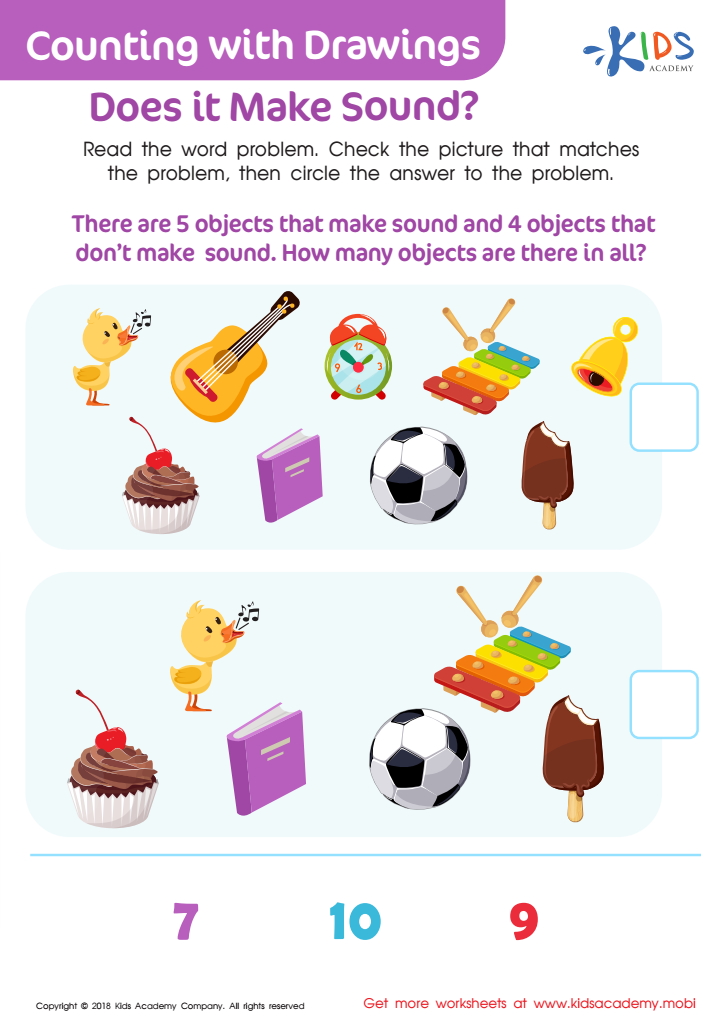

Counting With Drawings. Does It Make Sound? Worksheet
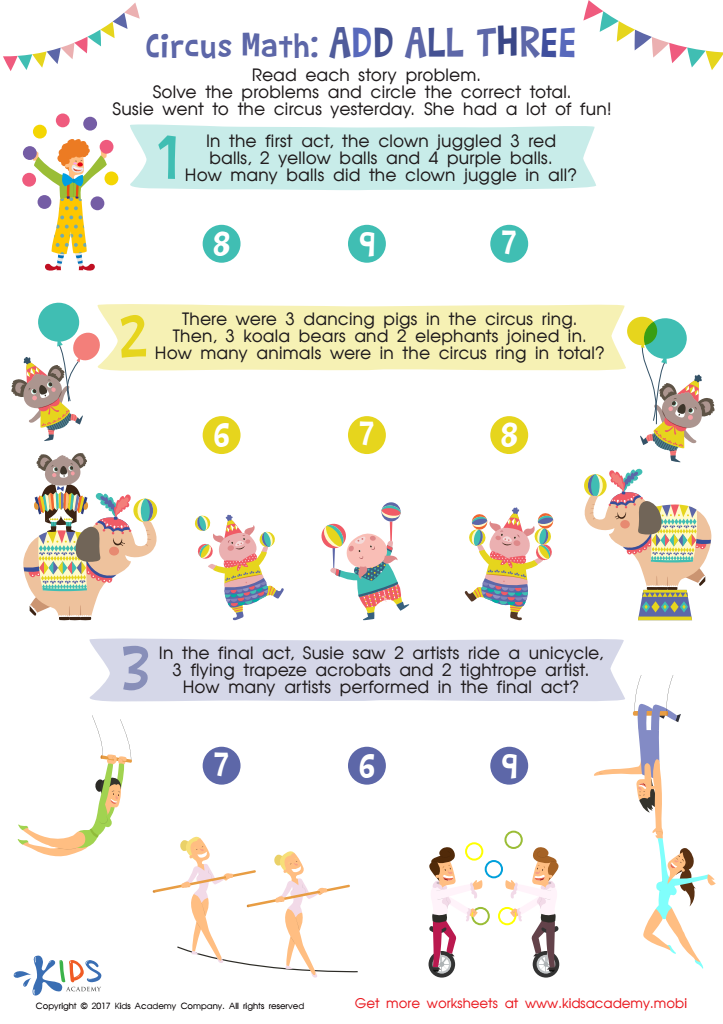

Circus Math Printable
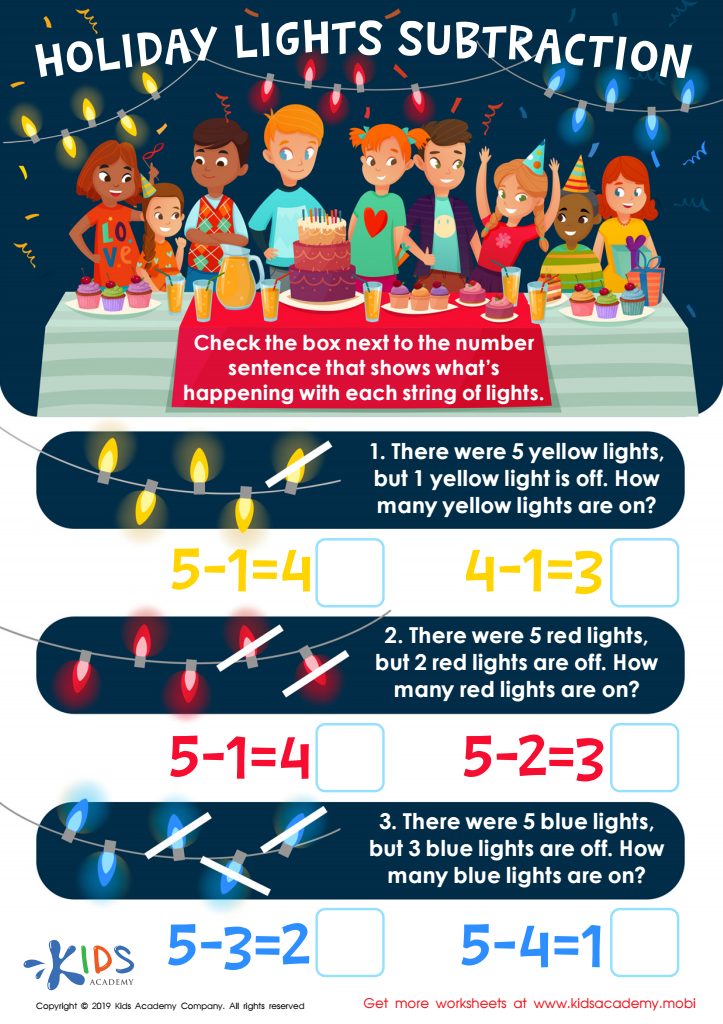

Holiday Lights Subtraction Worksheet
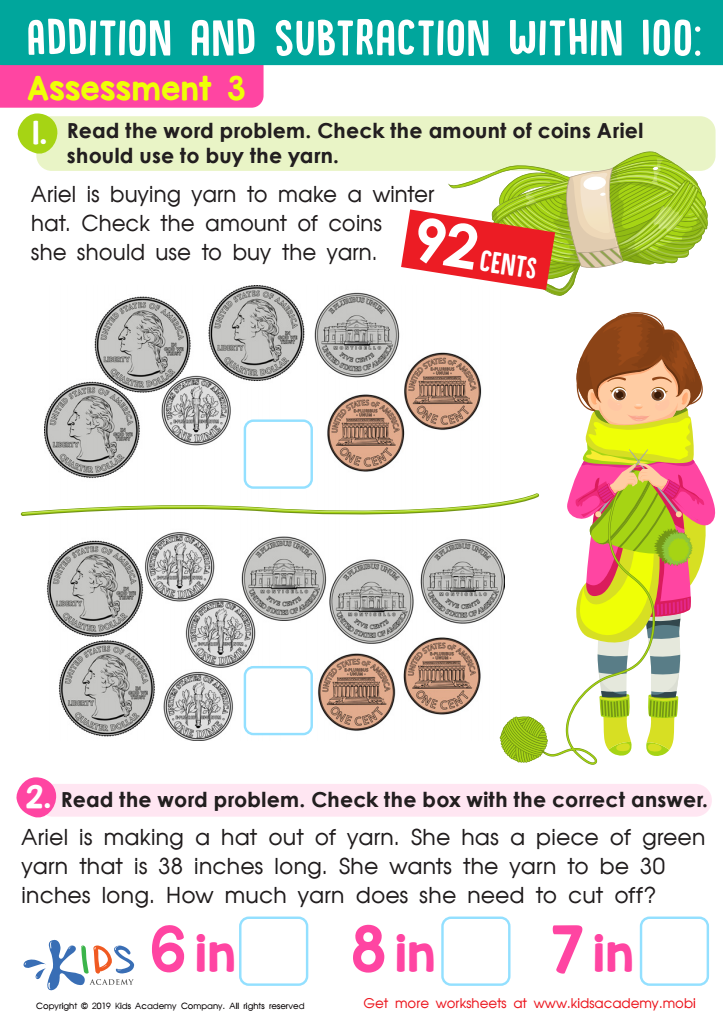

Assessment 3 Math Worksheet
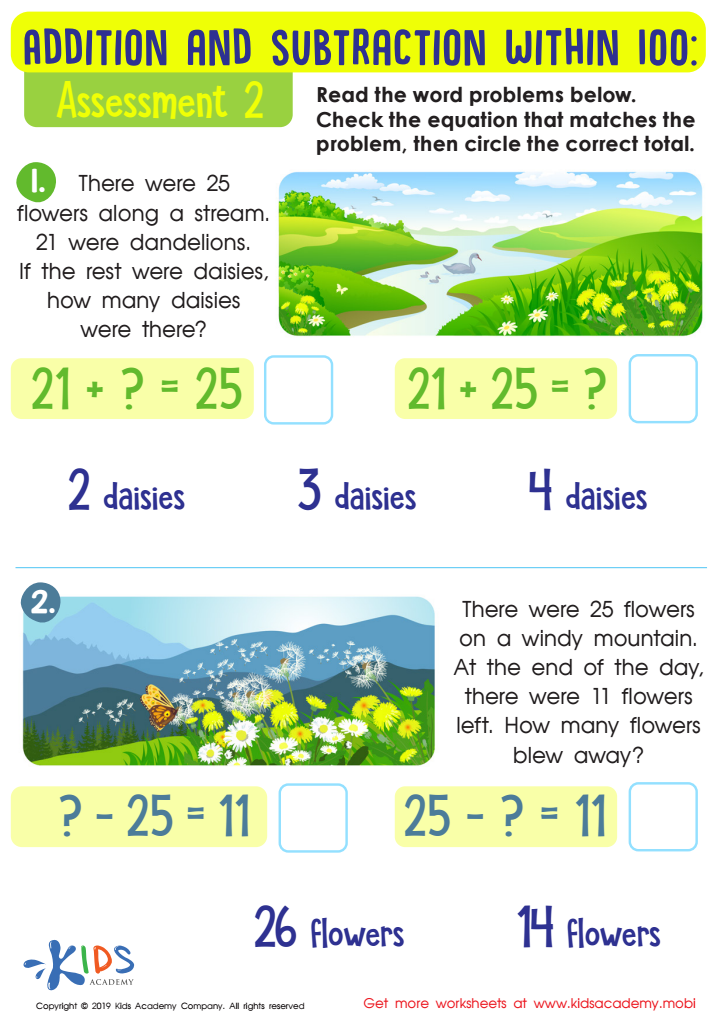

Assessment 2 Math Worksheet
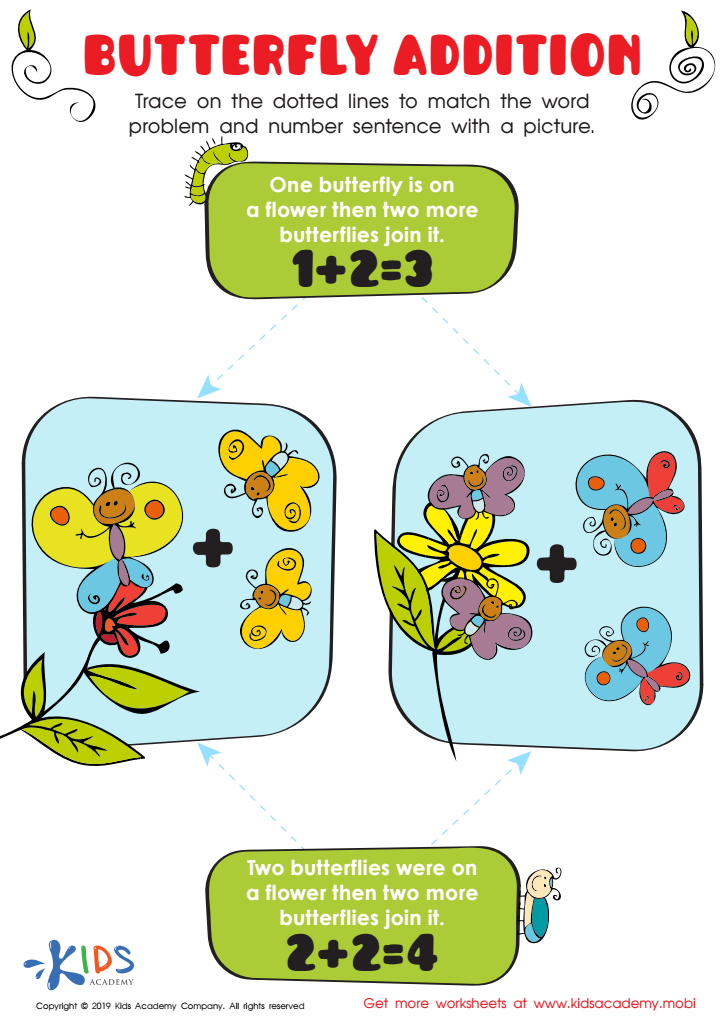

Butterfly Addition Worksheet
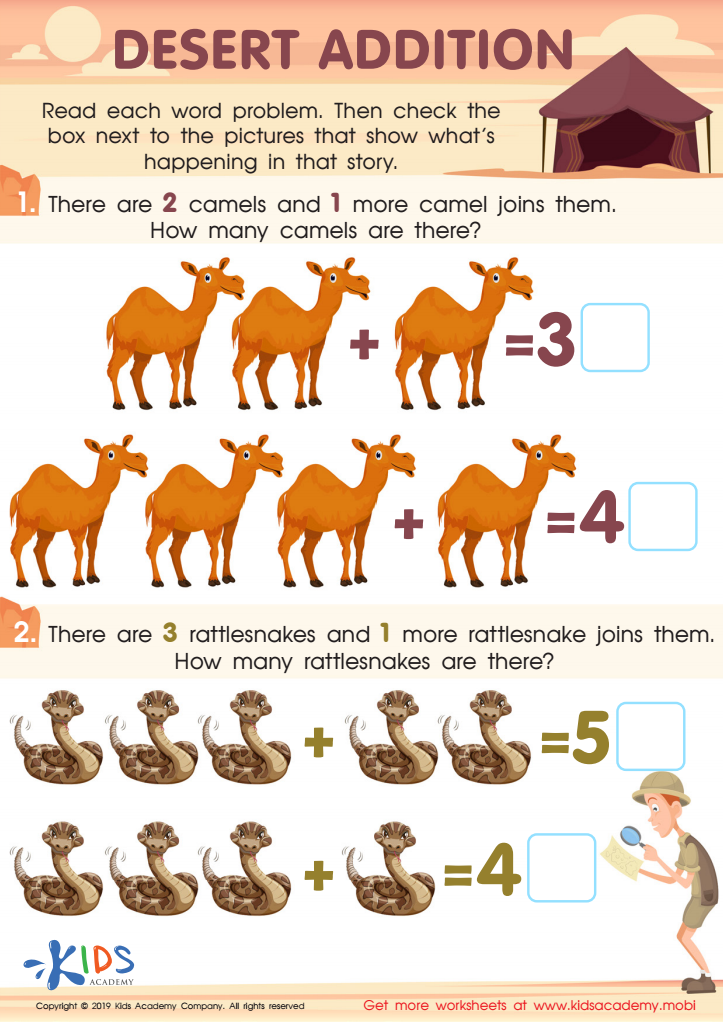

Desert Addition Worksheet
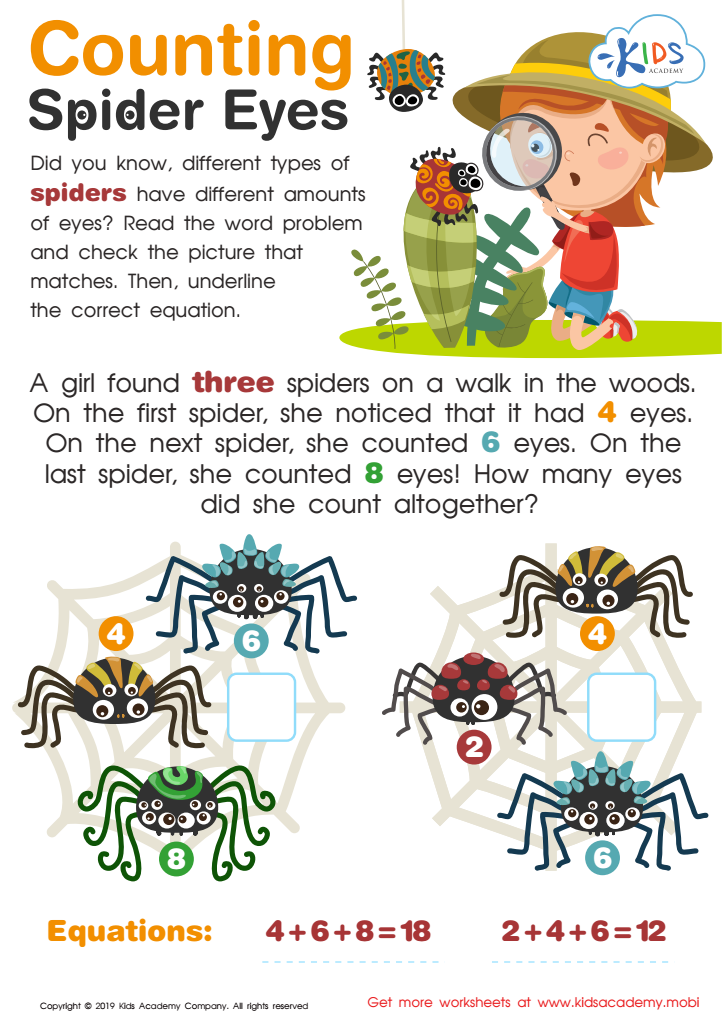

Counting Spider Eyes Worksheet


Counting Seedlings Worksheet
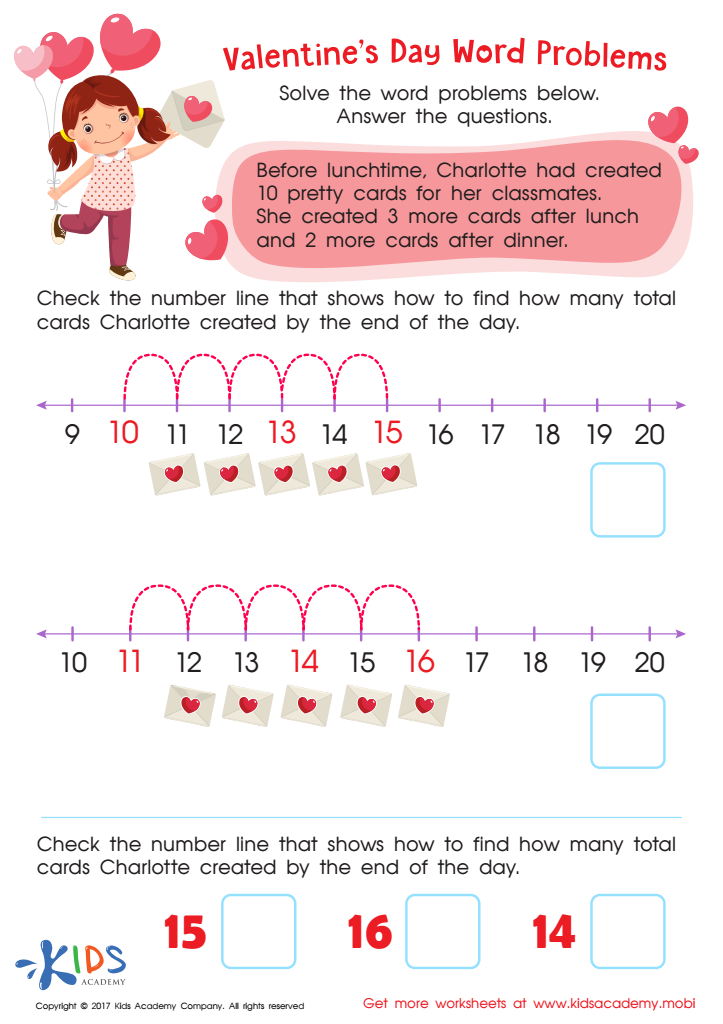

Valentines Day Word Problem Worksheet
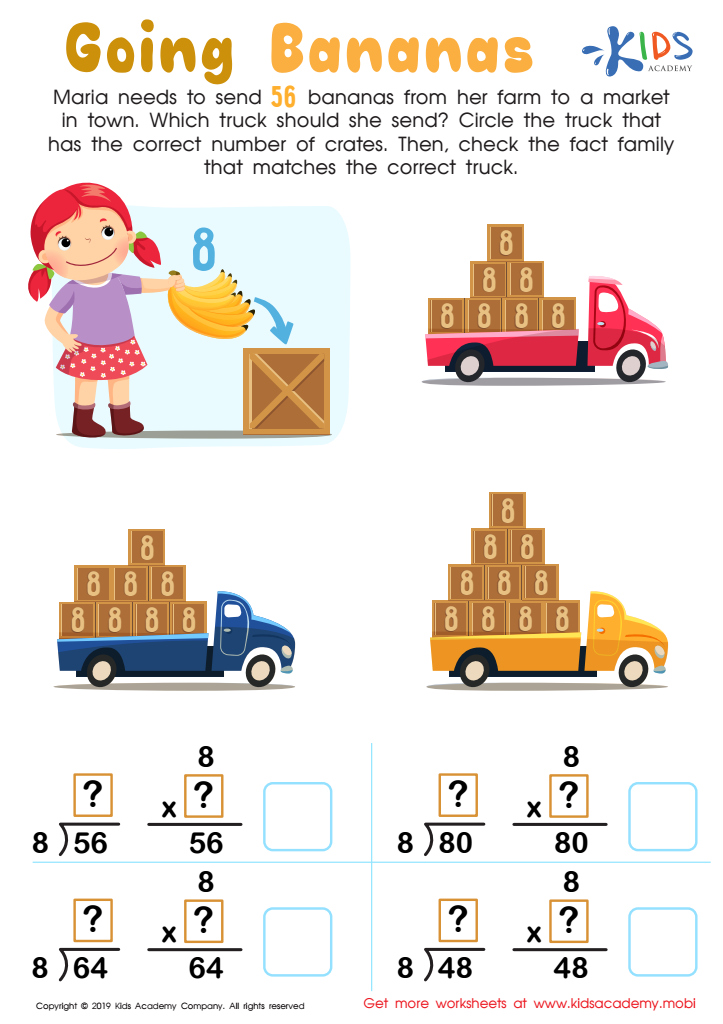

Going Bananas Worksheet
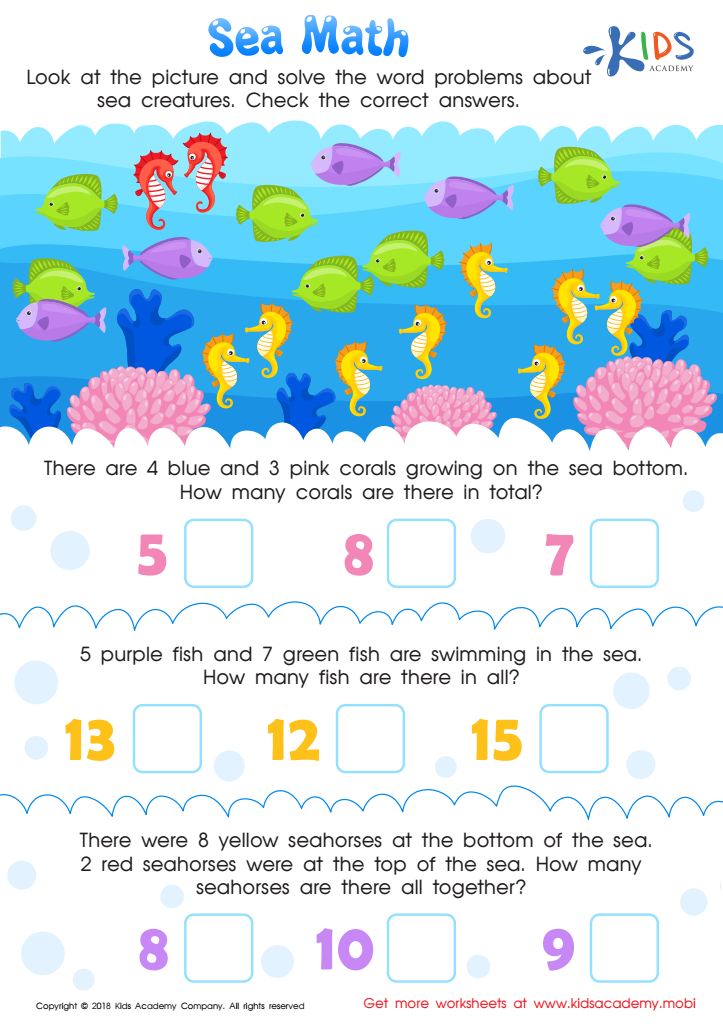

Sea Math Worksheet
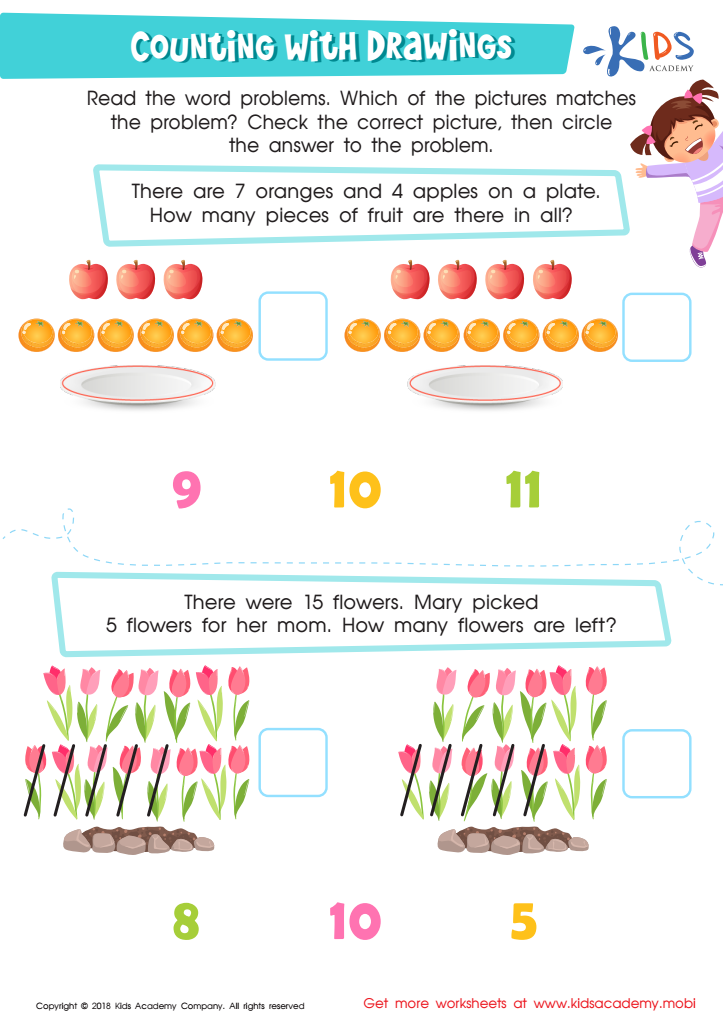

Counting with Drawings: Fruits & Chocolates Worksheet
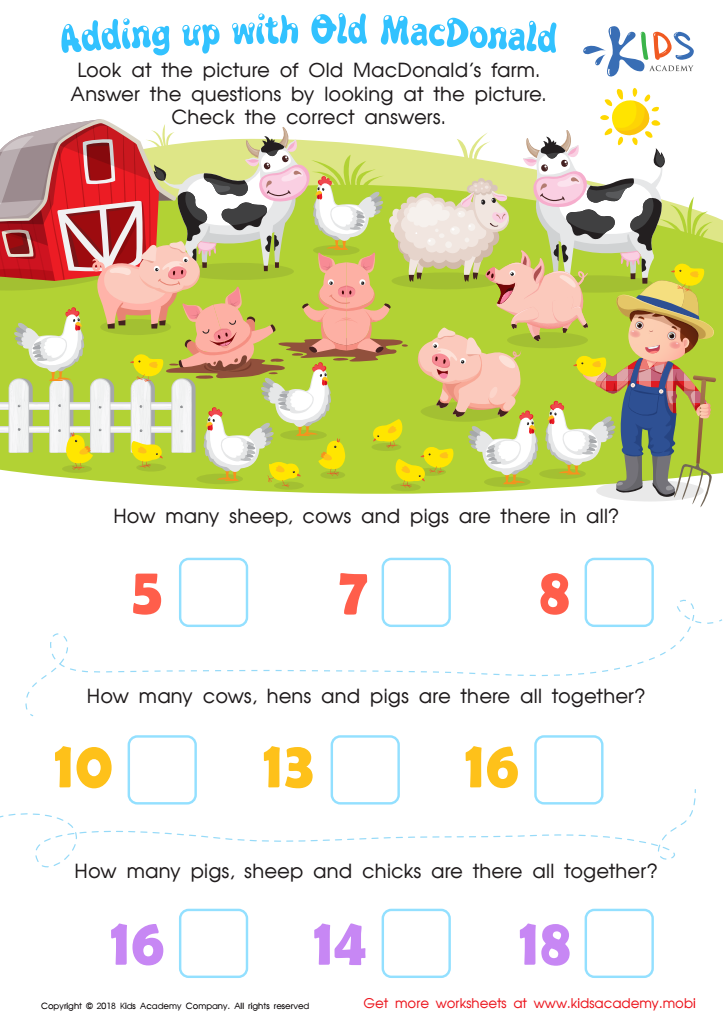

Adding Up with Old MacDonald Worksheet
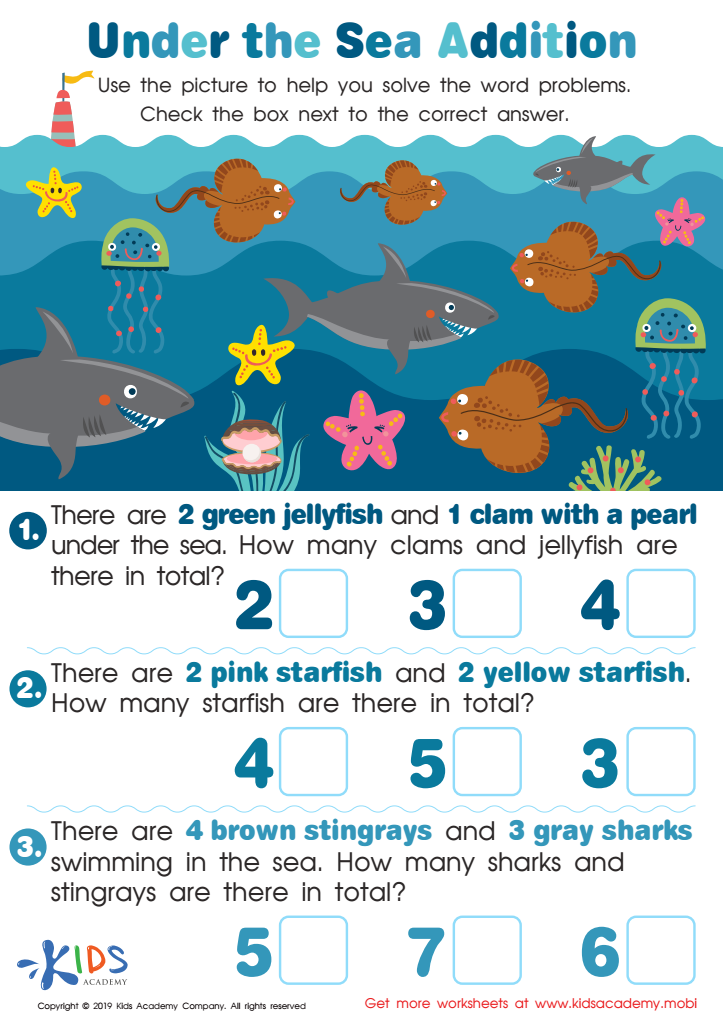

Under the Sea Addition Worksheet
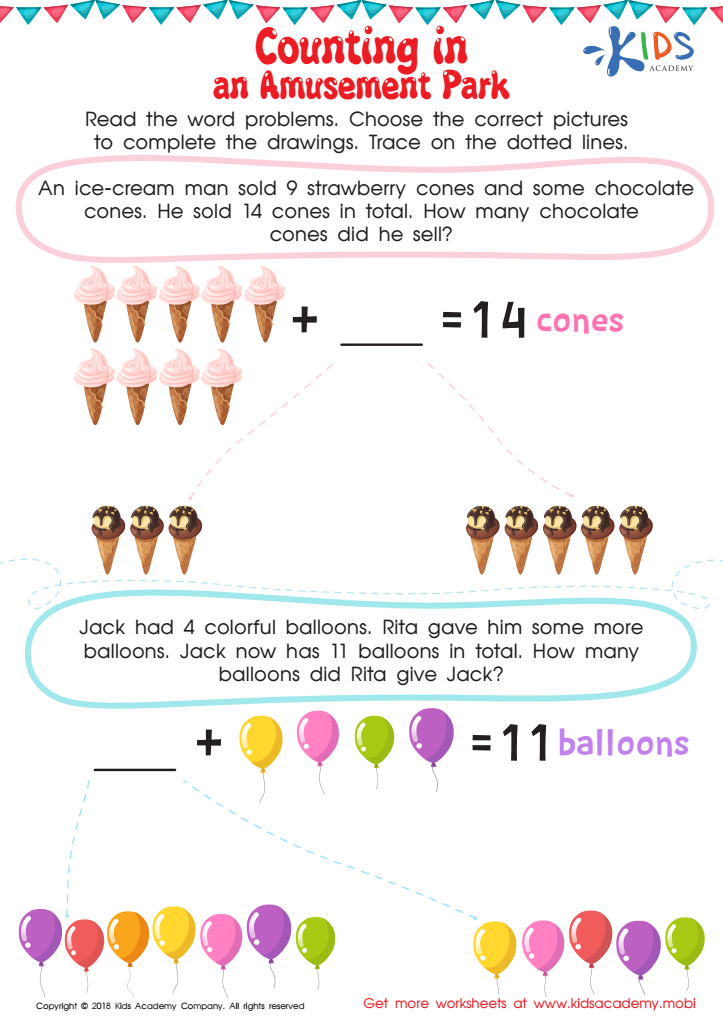

Counting in an Amusement Park Worksheet
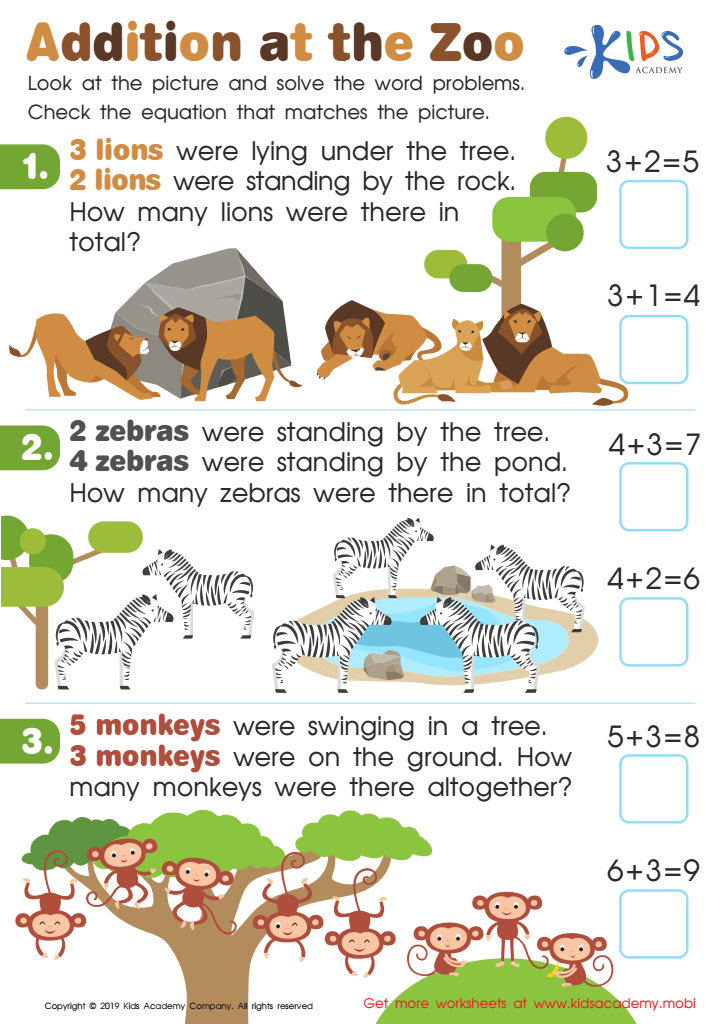

Addition at the Zoo Worksheet
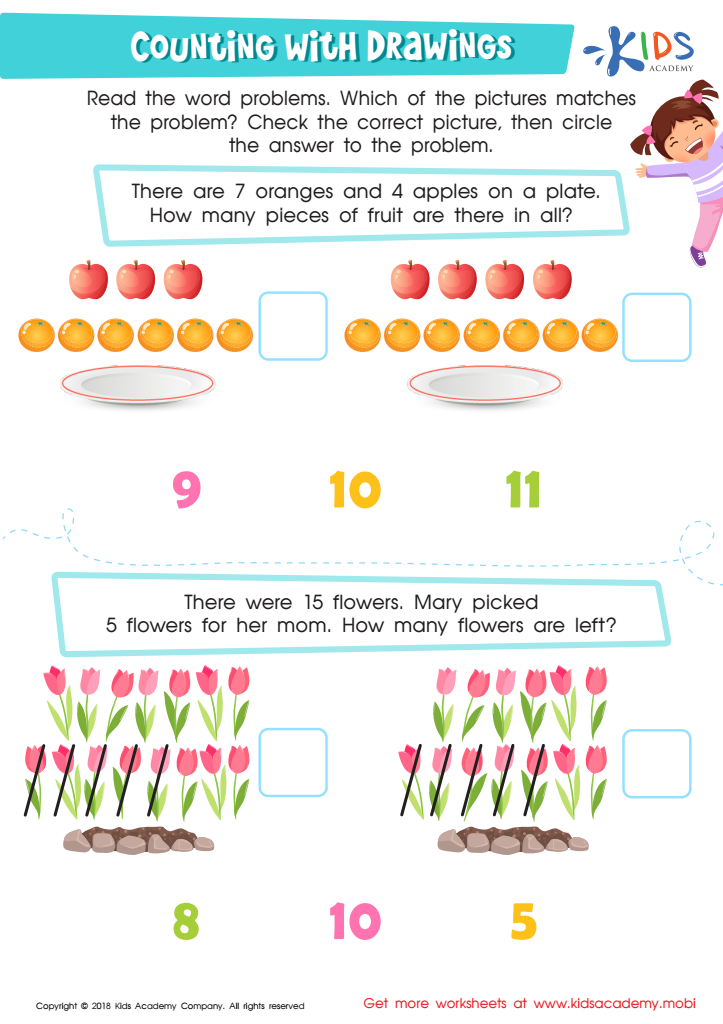

Counting with Drawings:Fruits & Flowers Worksheet
Number recognition word problems are crucial for children ages 3-4 as they lay the foundation for essential math skills. At this age, children begin to understand basic mathematical concepts, and word problems introduce them to applying numbers in real-life contexts. By engaging with these problems, young learners develop critical thinking, problem-solving abilities, and linguistic skills, as they learn to interpret situations and translate them into mathematical language.
Parents and teachers should care because early numeric literacy not only fosters a positive attitude towards math but also enhances cognitive development. When children can recognize numbers and relate them to everyday experiences, they gain confidence in their abilities. This is essential as a strong grasp of number concepts can lead to academic success in later years.
Moreover, involving young kids in number recognition through word problems encourages communication and collaboration. Parents and teachers can stimulate discussions around these problems, making it a fun and interactive experience that promotes social skills.
Ultimately, nurturing skills in number recognition through word problems at an early age equips children with the tools they need to navigate their educational journey, avoiding future learning gaps in mathematics. Encouraging this foundational skill sets them on a path toward lifelong success in math and problem-solving.
 Assign to My Students
Assign to My Students




















